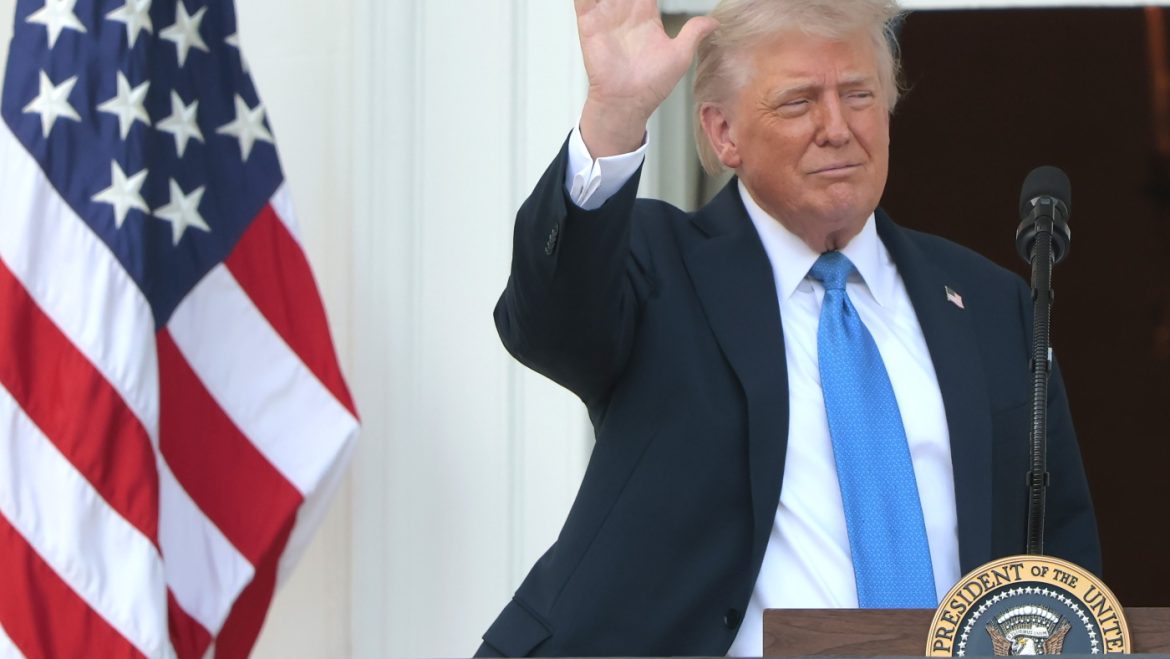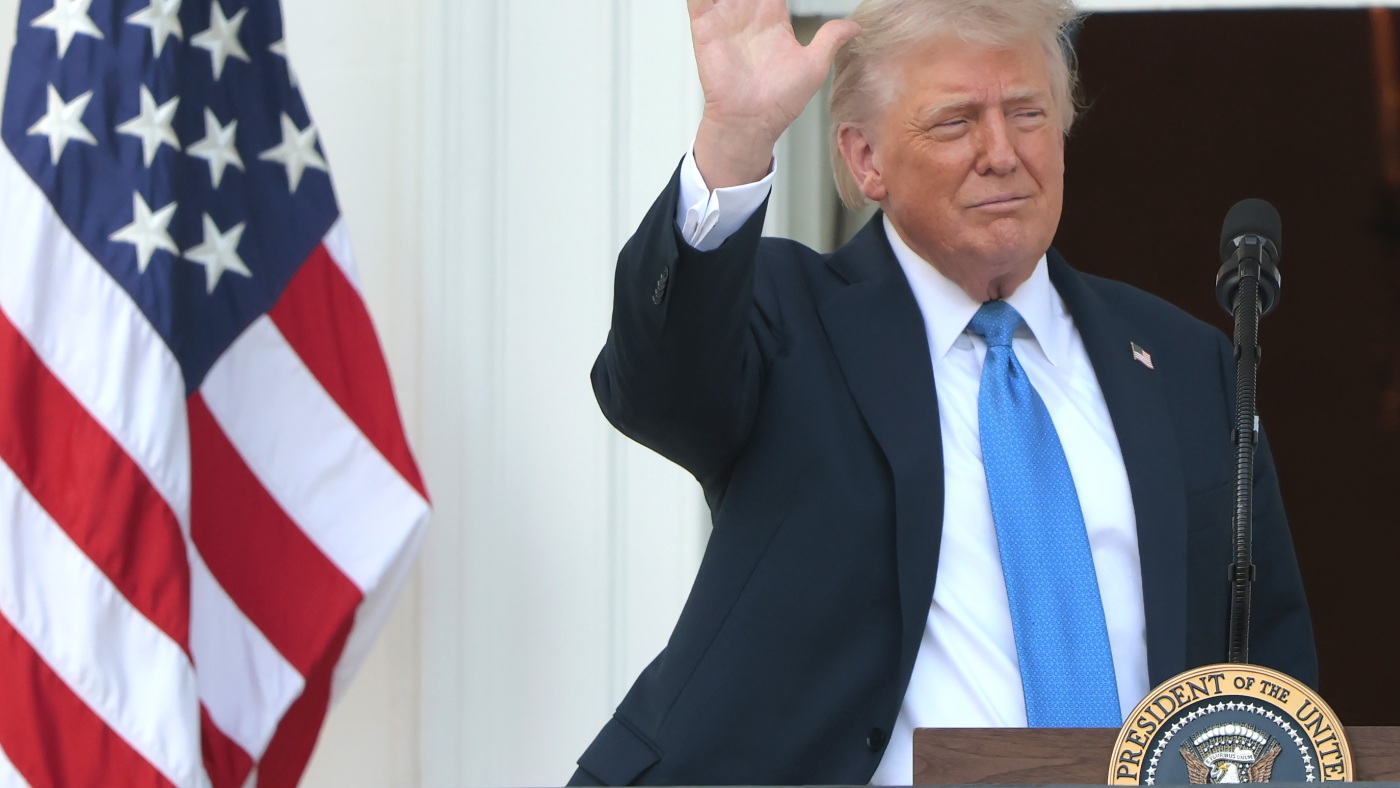Overview of Trump’s Latest Travel Ban and GOP Budget Concerns
Recent developments reveal two significant moves tied to the Trump administration: the reintroduction of an expansive travel ban affecting multiple countries and mounting concerns among GOP lawmakers about a newly proposed budget bill. Both these politics-heavy actions intersect at a time of heightened debate on immigration, national security, and fiscal responsibility.
—
The New Travel Ban: Scope and Implications
President Trump has signed a proclamation reinstating and expanding his prior travel ban from his first term. This executive order bars entry to U.S. travelers from twelve countries, primarily in Africa and the Middle East, with partial restrictions applying to nationals from an additional seven countries. The ban revives a hallmark policy of his earlier presidency but with broader reach and updated restrictions.
– Countries Affected: The twelve countries fully banned largely overlap with those affected in 2017, focusing mostly on nations perceived as presenting national security or terrorism-related threats. Reports indicate Iran continues to be singled out explicitly, while others include Somalia, Yemen, Libya, Syria, and additional countries primarily from these regions.
– Rationale: The administration cites national security risks, ongoing terrorism threats, and concerns about inadequate vetting capabilities as the basis for this action. Despite avoiding explicit religious language in the order, critics argue the ban continues to disproportionately impact Muslim-majority nations, echoing the controversies of the original ban.
– Operational Aspects: The proclamation takes effect promptly, yet with a scheduled start Monday at 12:01 a.m. local time, intending to reduce the chaotic airport scenes experienced when the first travel ban was announced. Nevertheless, protests and opposition from civil rights organizations and immigration advocates are widespread.
– Exceptions and Nuance: Some exceptions exist within the order—for example, certain visa categories might be exempt, and nationals from the restricted countries may still apply for waivers under specific conditions. However, the restrictions mark a significant tightening of border control policies with visible humanitarian and diplomatic repercussions. Nations like Somalia have expressed willingness to engage with the U.S. to address concerns, yet diplomatic friction is unavoidable.
—
GOP Budget Bill: Fiscal Challenges and Party Divisions
Parallel to the travel ban saga, Senate Republicans are grappling with the budget proposals linked to broader fiscal policy goals promoted by President Trump.
– Deficit Impact: The nonpartisan Congressional Budget Office (CBO) reported the current version of the GOP’s “big, beautiful bill” would add approximately $2.4 trillion to the U.S. deficit over the next decade. This significant increase alarms some GOP senators worried about ballooning national debt and long-term economic implications.
– Contentious Provisions: The budget includes sweeping immigration-related changes, efforts to cut some benefits, and increased fees for legal immigrants. Despite these austerity measures, the overall fiscal outlook remains grim from a deficit standpoint.
– Internal GOP Dissent: Not all Republicans support the bill wholeheartedly. Senators like Rand Paul have voiced skepticism over border wall funding and broader appropriations, reflecting unease within the party ranks. Elon Musk’s public critique of the spending proposal further complicates efforts by GOP leadership to present a united front.
– Legislative Prospects: While the bill’s complexity and length (over 1,100 pages) illustrate the ambitious nature of the legislation, its passage faces hurdles due to internal divisions and public backlash. Balancing immigration controls, spending priorities, and economic responsibility remains a delicate political dance.
—
Connecting the Dots: Immigration Policy and Fiscal Strategy
The travel ban and budget bill, though distinct, are interconnected strands of the administration’s broader political agenda on immigration and national security. The travel ban’s restrictiveness signals a hardline stance aiming to curb perceived threats and reduce immigration inflows, a message consistent with fiscal proposals targeting stricter immigration controls and border security funding.
Critics argue that these measures contribute to societal division, stigmatizing communities and complicating diplomatic relationships. Meanwhile, supporters maintain these steps are necessary to safeguard the nation’s security and economic interests.
—
Conclusion: Enduring Controversies and Uncertain Futures
The reinstatement of the travel ban underscores the Trump administration’s persistence in toughening U.S. immigration policies, rekindling debates around national security, civil rights, and international diplomacy. Its operationalization amid protests reflects the ongoing polarization of immigration issues in America.
Simultaneously, the GOP’s budget bill faces internal scrutiny over its long-term fiscal impact, demonstrating the challenges in balancing party priorities and national economic health. As Congress debates these complex issues, the interplay between immigration restrictions and fiscal strategies will remain pivotal in shaping U.S. domestic and foreign policy trajectories.
The coming weeks are set to test the political resolve of lawmakers and the administration alike, with significant consequences for affected populations and the country’s economic sustainability.


